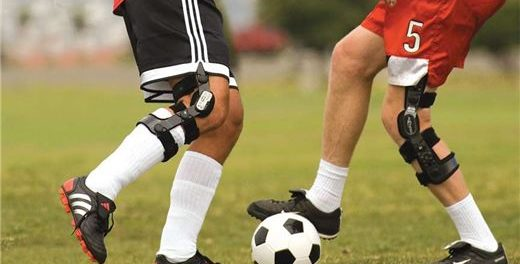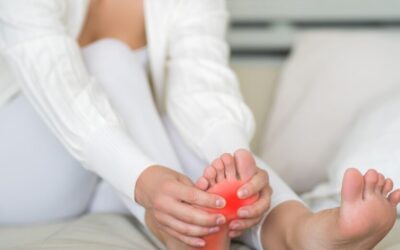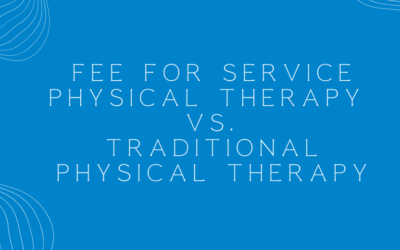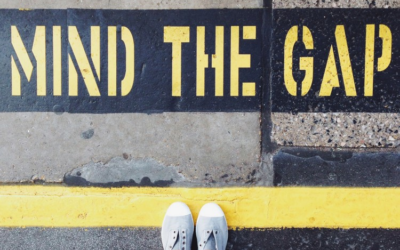A recent survey by the American Orthopaedic Society for Sports Medicine revealed that 63% of surgeons who perform ACLR recommend the use of functional braces when returning to sport (Decoster et al 2003). However, to a recent review of research studies in July of 2021, “Current data cannot support that using a knee brace when returning to sport will decrease the rate of re-injury after ACL reconstruction” (Marois et al 2021).These findings do not suggest that individuals should never wear a knee brace; however, it demonstrates that there is uncertainty in the validity of utilizing knee braces when returning to sport.
Working with a physical therapist (PT) following ACLR is vital in order to return to your desired level of physical activity. Choosing the right PT is even more important as it has been shown that even if there is no re-injury, only 63% of athletes return to their preinjury level of performance (Ardern et al 2011).
Your therapist should be addressing modifiable risk factors to prepare you for return to sport. Modifiable risk factors include psychological readiness, quadricep: hamstring strength ratio, hop testing symmetry, as well as mismanagement of acute to chronic workload ratio (ACWR).
- Psychological readiness– Of athletes that failed to return to sport, 19% reported fear as the main reason (Ardern et al 2011).
- Quad to hamstring ratio – There is a 10.6 times higher risk of sustaining an ACL graft rupture for every 10% decrease in hamstring to quadricep strength ratio (Kyritsis et al 2016). It is a ratio that demonstrates the relative force your quadricep creates in front of your knee relative to the amount of force your hamstring creates behind the knee. Ideally you want these forces to be well balanced to stabilize the knee.
- Hop testing– Decreased single and triple hop testing is associated with increased risk for re-injury (Kyritsis et al 2016). These are functional tests to measure side to side differences in power generation and single leg control while jumping.
- ACWR– If an athletes training load for one week supersedes what they have been performing on average for four weeks they are more likely to be injured.
At PT360, our therapists utilize the Anterior Cruciate Ligament- Return to Sport after Injury (ACL-RSI) scale to measure psychological readiness for RTS. The ACL-RSI is a validated tool for return to sport that assesses an athlete’s confidence, emotions, and risk appraisal when returning to sports after an ACL injury. All therapy appointments are one on one with a licensed physical therapist which allows for individualized attention and assessment to measure between and in session change.
Email Dave at Dpruszynski@pt360atl.com if you have questions about your ACL recovery.




